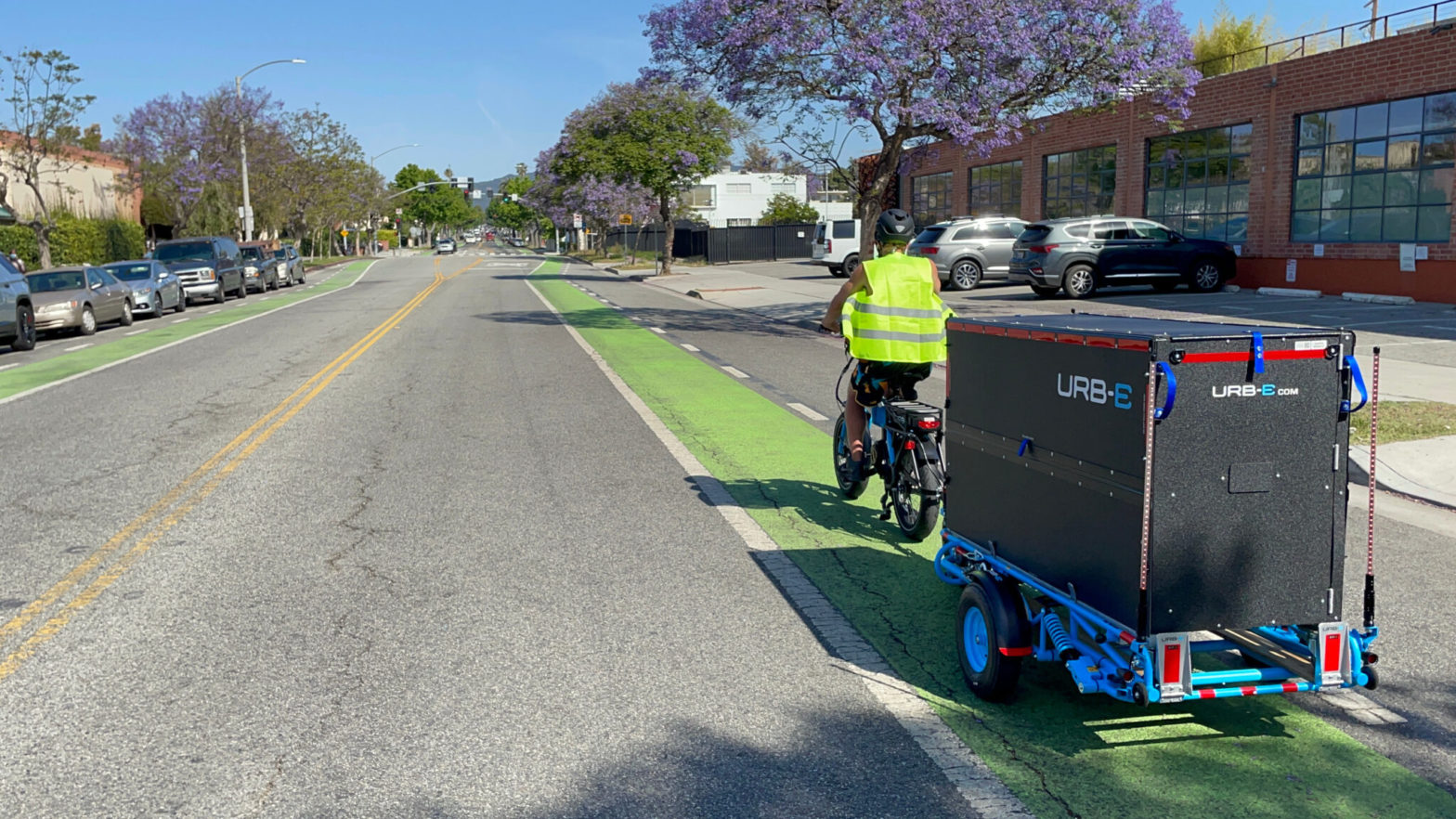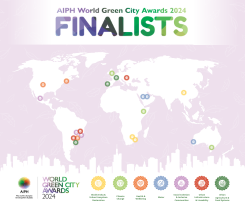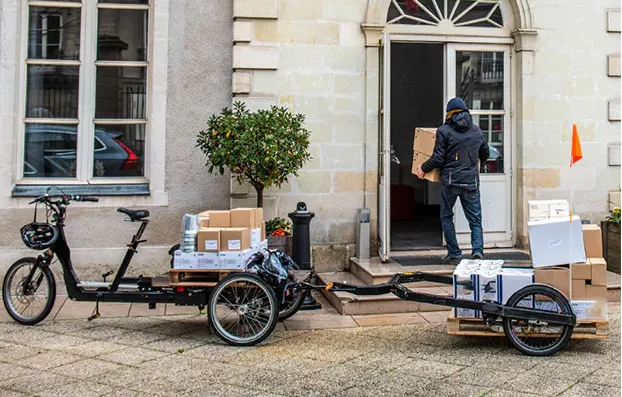
Photo: LACI
US cities join zero-emissions delivery challenge
17 January 2024
by Christopher Carey
Eight US cities and one county will test strategies for reducing delivery-related pollution through a new zero-emissions challenge.
The project, which was launched by the Los Angeles Cleantech Incubator (LACI), Climate Mayors and C40 Cities, aims to address air pollution resulting from the growth in e-commerce delivery vehicles that move goods through the first and last mile of the supply chain.
Participating cities include Los Angeles, Pittsburgh, New York City, Washington, D.C., Santa Monica, Oakland, Portland and Louisville, as well as Miami-Dade County.
“With the support of this cohort, we plan to create a delivery microhub to support more sustainable last-mile delivery modes, such as e-cargo bikes,” said Sharon Kershbaum, Interim Director for the Washington, D.C. Department of Transportation.
“Not only will this mode-shift opportunity help the city meet its emission reduction goals, it will also encourage better kerbside usage and traffic safety.”
Wells Fargo has been announced as the project’s first corporate funder, and will provide support to help launch the inaugural cohort nationwide.
Previous work
Prior to launching the challenge, LACI created the US’ first Zero Emissions Delivery Zone with the City of Santa Monica within a one square mile innovation zone or ‘sandbox’. Dedicated kerb space for zero emissions vehicles was marked with signage and paint, and cameras with software from startup Automotus were installed on lightpoles.
LACI then partnered with the cities of Santa Monica, Los Angeles and Pittsburgh to secure a US$3.7 million engagement grant through the Department of Energy’s Vehicle Technologies Office to expand kerb access initiatives.
“We are confident the LACI model can help cities better invite innovation, and in turn scale what works to reduce congestion and improve air quality through zero-emissions delivery,” said Matt Petersen, LACI President and CEO.
“That is why we launched this national challenge: to help cities accelerate equitable climate action and address local needs.”
Cleantech Cities
The challenge also builds on a research paper – Cleantech Cities: Accelerating Climate Action Through Startups and Corporate Innovation – jointly conducted by LACI, C40 and PwC.
Originally unveiled at the 2019 United Nations Climate Change Conference in Madrid, the research estimated that technologies and disruptive innovation in cities could reduce greenhouse gas emissions from buildings, transport and waste by 1.3 GtCO2e each year by 2030.
According to LACI, urban climate innovation is estimated to create just over US$5 trillion in new global investment opportunities by 2030, plus inclusive opportunities for job growth, public health improvements and other co-benefits.
Image: LACI










